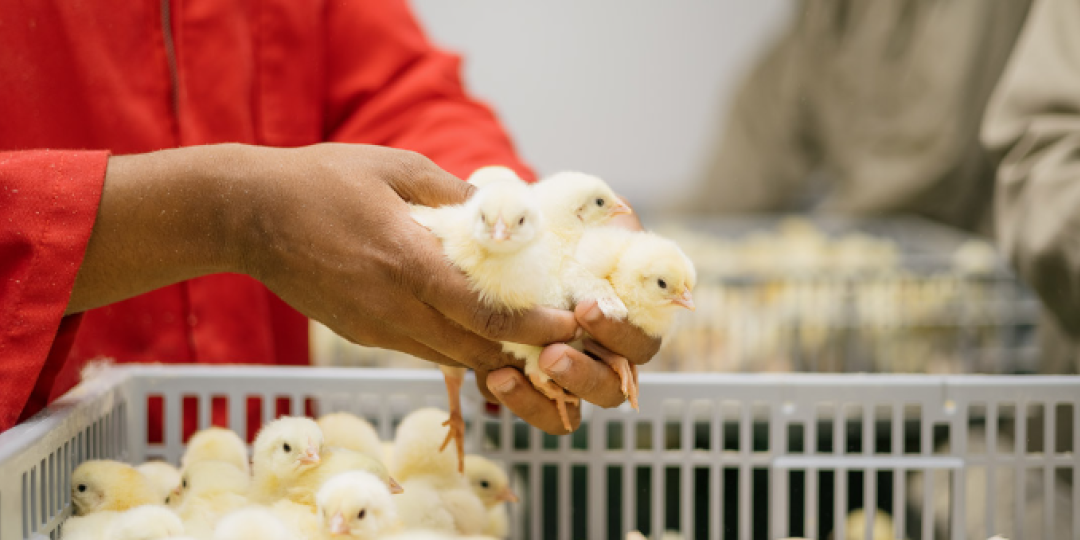Minister of Trade Industry and Competition Ebrahim Patel has finally imposed anti-dumping duties against chicken imports from producers in Brazil and four European Union countries, which he approved but suspended a year ago.
The decision should never have been delayed, says FairPlay, which has been on a mission to force government’s hand on the issue. “Fears of the impact of new tariffs on retail chicken prices were exaggerated – but struggling chicken producers can now breathe a sigh of relief,” the advocacy group added.
Patel has probably also rescued the poultry master plan he signed with industry leaders in 2019, according to a statement released by the group. “The delay in imposing anti-dumping duties broke government’s commitment in the master plan to ‘act decisively’ against illegal and dumped chicken imports. Resentment would only have escalated had he announced a further delay.
“The industry was already battling and in distress when the delay was announced last year. Since then, poultry producers have suffered multiple blows, and have been producing chicken at a loss because of the impact of load-shedding, rocketing feed prices and infrastructure failures.”
Patel’s decision last August went against the advice of South Africa’s trade regulator, the International Trade Administration Commission (Itac) which had investigated accusations of dumping by Brazil and four EU countries. Itac found the complaints justified – the five countries were dumping chicken portions here, harming the local industry and costing local jobs – and recommended anti-dumping duties against producers in all five countries.
The proposed duties did not sit well with chicken importers who, according to FairPlay, were waging “a self-interested campaign to preserve the lucrative flow of dumped imports from which they have profited over the years, while local jobs were lost”.
The poultry master plan aims to expand the local industry while curbing chicken imports overall and stopping the illegal and dumped imports that have held back industry growth.
“The plan envisaged a revitalised chicken industry, creating new jobs as it expanded into new domestic markets and enjoyed an export bonanza. However, while production has increased, domestic consumption has not, and exports have hardly risen in four years.
“The plan’s successes are nearly all due to contributions from poultry producers, who have exceeded their master plan commitments to invest and create jobs. By contrast, nearly every part of the master plan requiring government action is behind schedule.”
FairPlay has called on Patel “to crack some whips to get things moving swiftly. He needs to meet regularly with local producers and chicken importers, who are also exporters and signatories to the master plan. He needs to rebuild trust, with and between his master plan partners,” says FairPlay founder Francois Baird.
“Poultry producers have done their bit. Now it is up to the government – belatedly - to do the same.”













